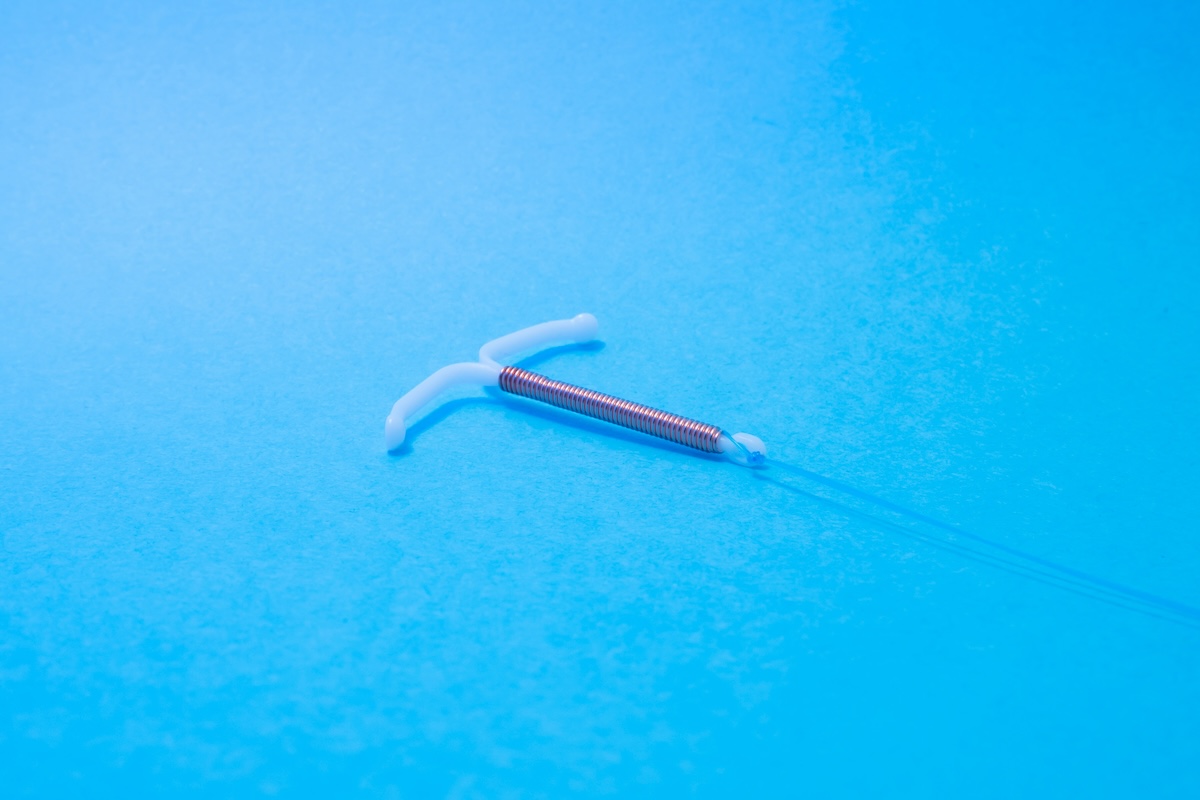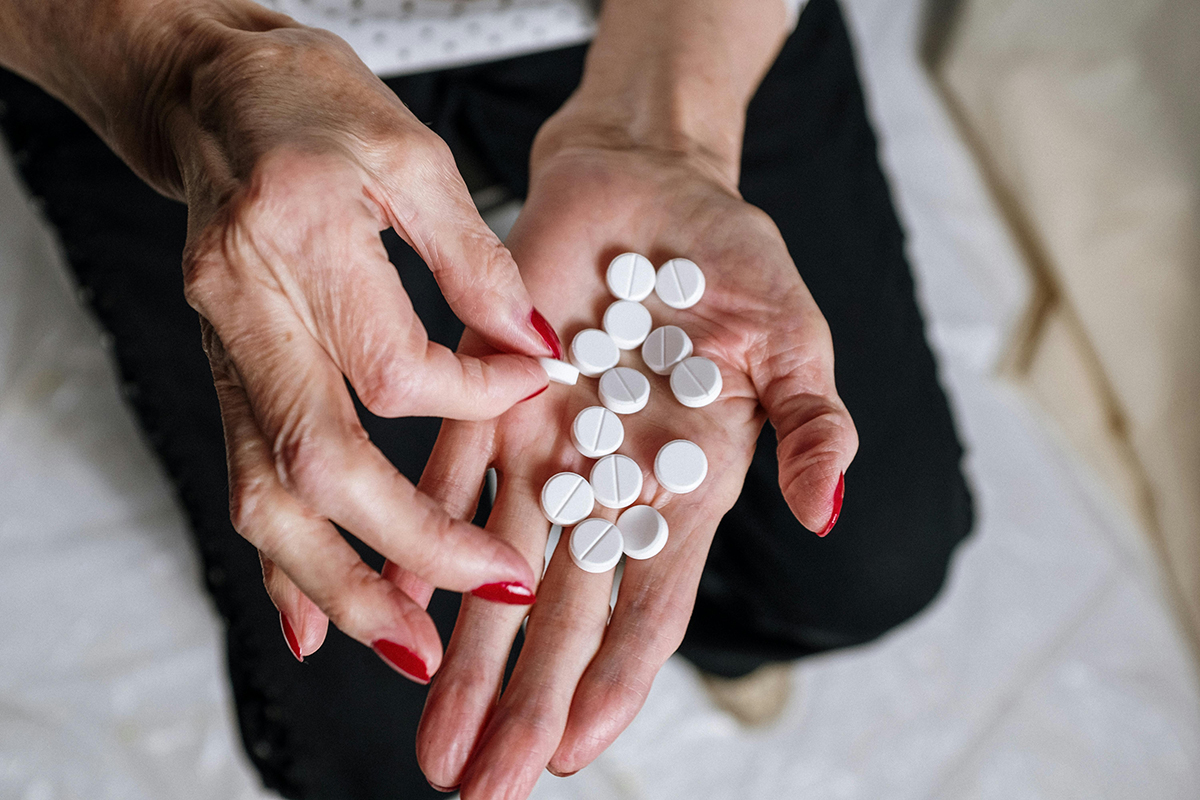I’m 44, and for the last year I’ve occasionally experienced bleeding about 14 days into my cycle. It’s happened about three times but not consecutively over the past year or so and lasts for two to three days. My gynecologist said the first time it happened that it has something to do with ovulation as I get older and to worry about it only if it happens three months in a row. I initially thought any mid-cycle bleeding was a bad sign, so now I’m confused about what is “normal.” I’m not on any birth control (husband had vasectomy). Should I start one? Do I need to worry?
—Katie
So many things can change about our menstrual cycle as we make our way through the late-reproductive stage and into perimenopause, it can be difficult to know what is normal anymore. The mid-cycle bleeding you are experiencing may be completely normal. In the late-reproductive stage, estrogen levels rise higher and fall lower than they did during our peak reproductive years. Meanwhile, progesterone levels are lower.
As a result, your hormones at mid-cycle may be nearly as low as your hormones at the start of your menstrual period. Without a minimal level of estrogen and progesterone, the uterine lining becomes unstable and starts to shed. After a day or two, progesterone levels rise enough to stabilize your uterine lining, and the bleeding stops.

There is nothing about mid-cycle bleeding caused by low estrogen and progesterone levels that is dangerous. However, if it is consistent over a few cycles, it is worth making sure nothing else is causing it. Abnormal uterine bleeding — bleeding other than a regular period — can be caused by a number of other processes, including hormonal changes such as hypothyroidism, and structural changes such as uterine polyps. Underlying causes typically can, and often should, be treated. If your bleeding is persistent, it is worthwhile to undergo some testing. That might include blood work and a pelvic ultrasound.
If you have the appropriate testing and it is all normal and you aren’t anemic, then whether to treat your mid-cycle bleeding really depends on how much it bothers you. If a few days of spotting are no big deal, no need to do anything. If it is impacting your lifestyle, it may be worth considering trying a birth control pill or a progestin-eluting IUD to see if that takes care of the issue.
Ultimately, mid-cycle bleeding due to the low hormone levels associated with the late-reproductive stage is not dangerous, but if it is persistent, it is worthwhile to have testing to confirm that there is no additional underlying cause that could or should be treated.
Community Guidelines




















Log in